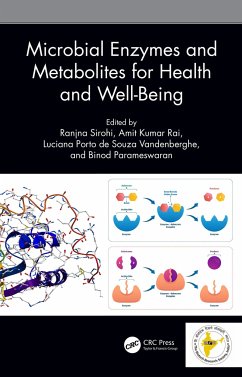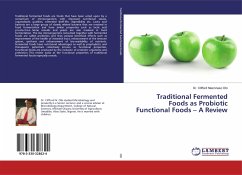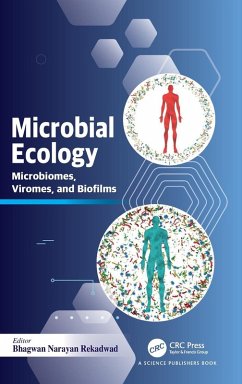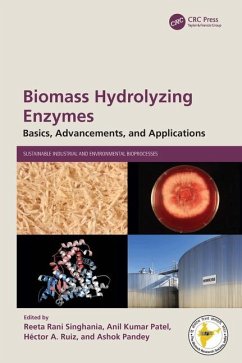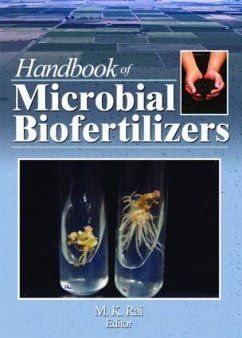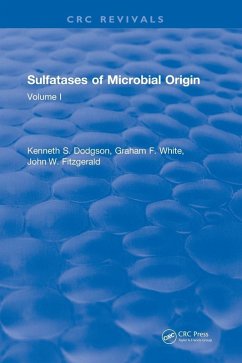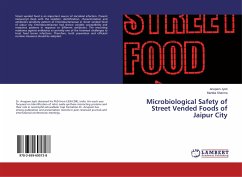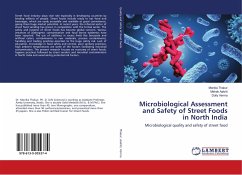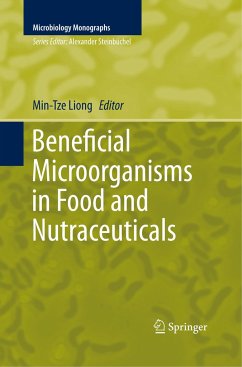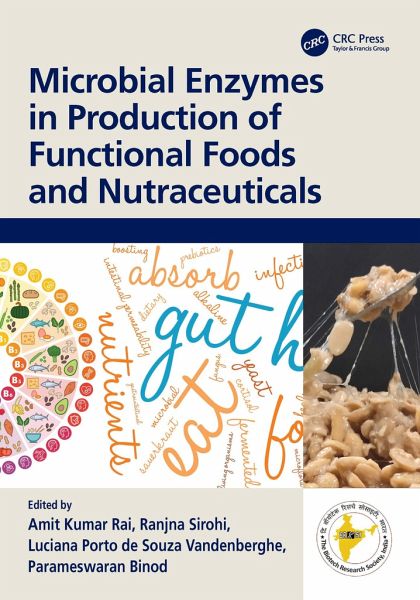
Microbial Enzymes in Production of Functional Foods and Nutraceuticals
Versandkostenfrei!
Versandfertig in 1-2 Wochen
185,99 €
inkl. MwSt.
Weitere Ausgaben:

PAYBACK Punkte
93 °P sammeln!
This book is a valuable reference that discusses green technologies, like enzyme technologies, to meet the ever-growing demand of nutraceuticals and functional foods. Microorganisms like bacteria (lactic acid bacteria, Bacillus species), yeasts, and filamentous fungi have been exploited for food preparations globally. Microbial Enzymes in Production of Functional Foods and Nutraceuticals discusses how to use them commercially. Chapters include enzyme sources, processing, and the health benefits of microbial enzymes. Other interesting Chapters include the application of metagenomics and the mol...
This book is a valuable reference that discusses green technologies, like enzyme technologies, to meet the ever-growing demand of nutraceuticals and functional foods. Microorganisms like bacteria (lactic acid bacteria, Bacillus species), yeasts, and filamentous fungi have been exploited for food preparations globally. Microbial Enzymes in Production of Functional Foods and Nutraceuticals discusses how to use them commercially. Chapters include enzyme sources, processing, and the health benefits of microbial enzymes. Other interesting Chapters include the application of metagenomics and the molecular engineering of enzymes. This book is useful for students, academicians, and industry experts in food science and applied microbiology.





